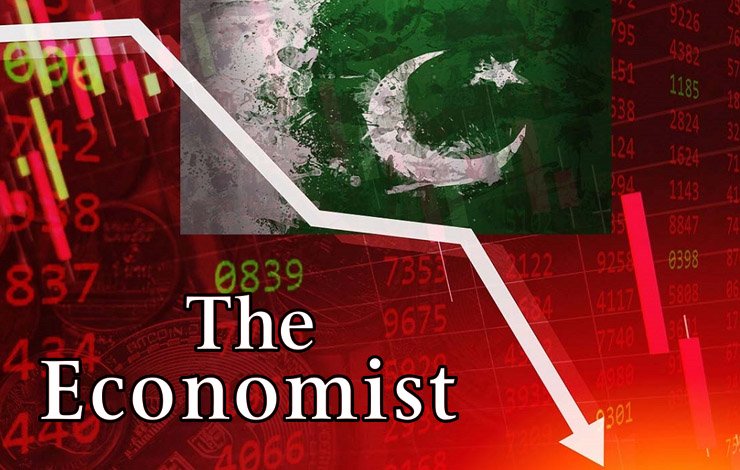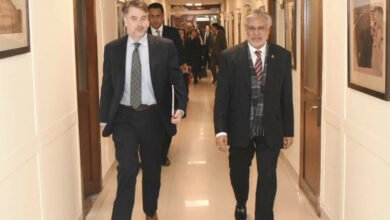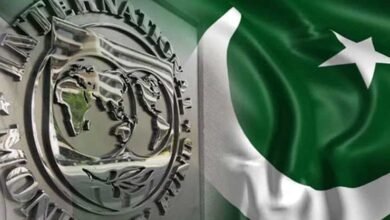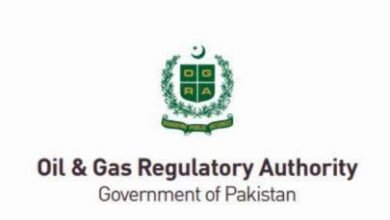The Economist predicts Pakistan’s bankruptcy
British magazine claimes negotiations between Pakistan and IMF are likely to fail, after which country will go bankrupt

British magazine “The Economist” has declared that Pakistan is close to bankruptcy and said that Shehbaz government has bowed down to International Financial Institution (IMF).
The British weekly newspaper “The Economist” has said in its report that the Shehbaz government bowed down to the International Monetary Fund (IMF) and fulfilled all their conditions.
According to the newspaper report, Pakistan stopped trying to prop up the rupee at the end of January in accordance with the terms of the IMF, while raising fuel prices.
Read also
Outcome of mission’s visit to Pakistan will not be discussed in board meeting, said IMF team member
The report states that power blackouts in the country indicate an economic crisis. There has been a terrible incident in January when electricity supply was stopped across Pakistan.
The Shahbaz Sharif government is busy negotiating with the IMF for a bailout package, while its foreign exchange reserves have been limited to $3 billion.
According to the bailout package, the IMF was supposed to provide Pakistan with 1.1 billion dollars in 2019, but it was suspended due to lack of progress on the promise.
“The Economist” claimed that the IMF delegation in Pakistan would leave without a deal, after which Pakistan could default on its sovereign debt.
The British newspaper reported that annual inflation in Pakistan reached 27.6 percent in January, the highest level since 1975, while the rupee continued to fall.
The report said that import of essential commodities like food and fuel was banned to save foreign exchange reserves, which affected industries dependent on imported inputs.
According to “The Economist”, the IMF program will end in June while the term of the government will be completed in October, after which things will get messy.
The British weekly said that Pakistan should make additional reforms, including raising taxes and electricity rates, as necessary to secure more IMF funding.



